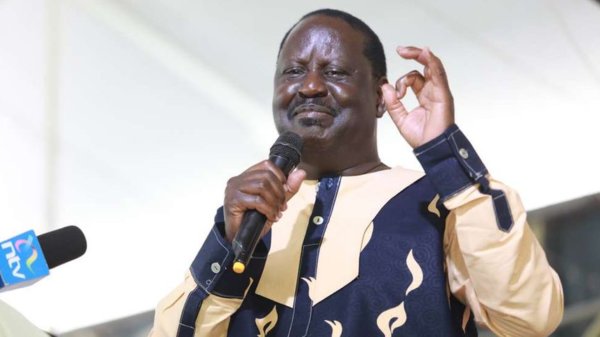
Togo’s ruling party secured a parliamentary majority in the April 29 legislative elections, according to the country’s electoral commission, following a disputed constitutional amendment that critics claim allows President Faure Gnassingbe to remain in power.
According to provisional results issued by the national election commission on Saturday, Gnassingbe’s Union for the Republic (UNIR) won 108 of the 113 seats in the new house.
Under the new constitution passed by MPs in April, Gnassingbe will be able to take on a new job as president of the council of ministers, akin to the prime minister, which is automatically assumed by the leader of the majority party in parliament.
Gnassingbe, who had already been in power for over 20 years, succeeded his father, Gnassingbe Eyadema, who ruled the small coastal West African state between Benin and Ghana for nearly four decades.
Opposition parties condemned the measure as an “institutional coup” that created a role ideal for Gnassingbe to circumvent presidential term limits and continue his family’s political dynasty.
UNIR supporters claim the change made Togo’s democracy more representative. Gnassingbe, 57, has already won four elections, all of which were deemed unfair by the opposition. The main opposition boycotted the previous parliamentary election in 2018, citing irregularities.
According to the new constitution, Togo’s president will henceforth be primarily ceremonial, elected by parliament rather than the public for a four-year tenure.
Also Read: 8 Suspects in Usd 439 Trillion Mega Fraud Arrested In Nairobi


































































